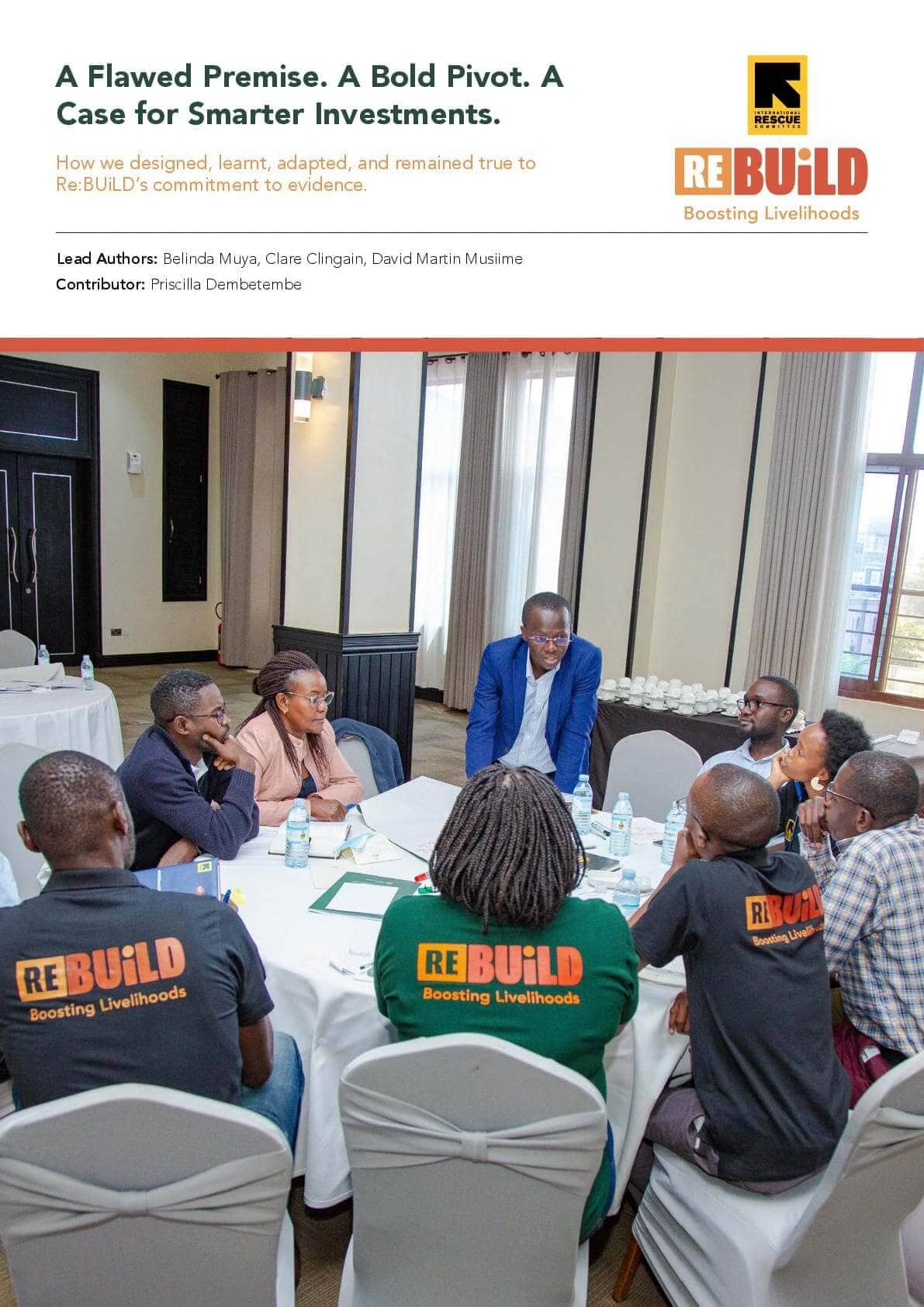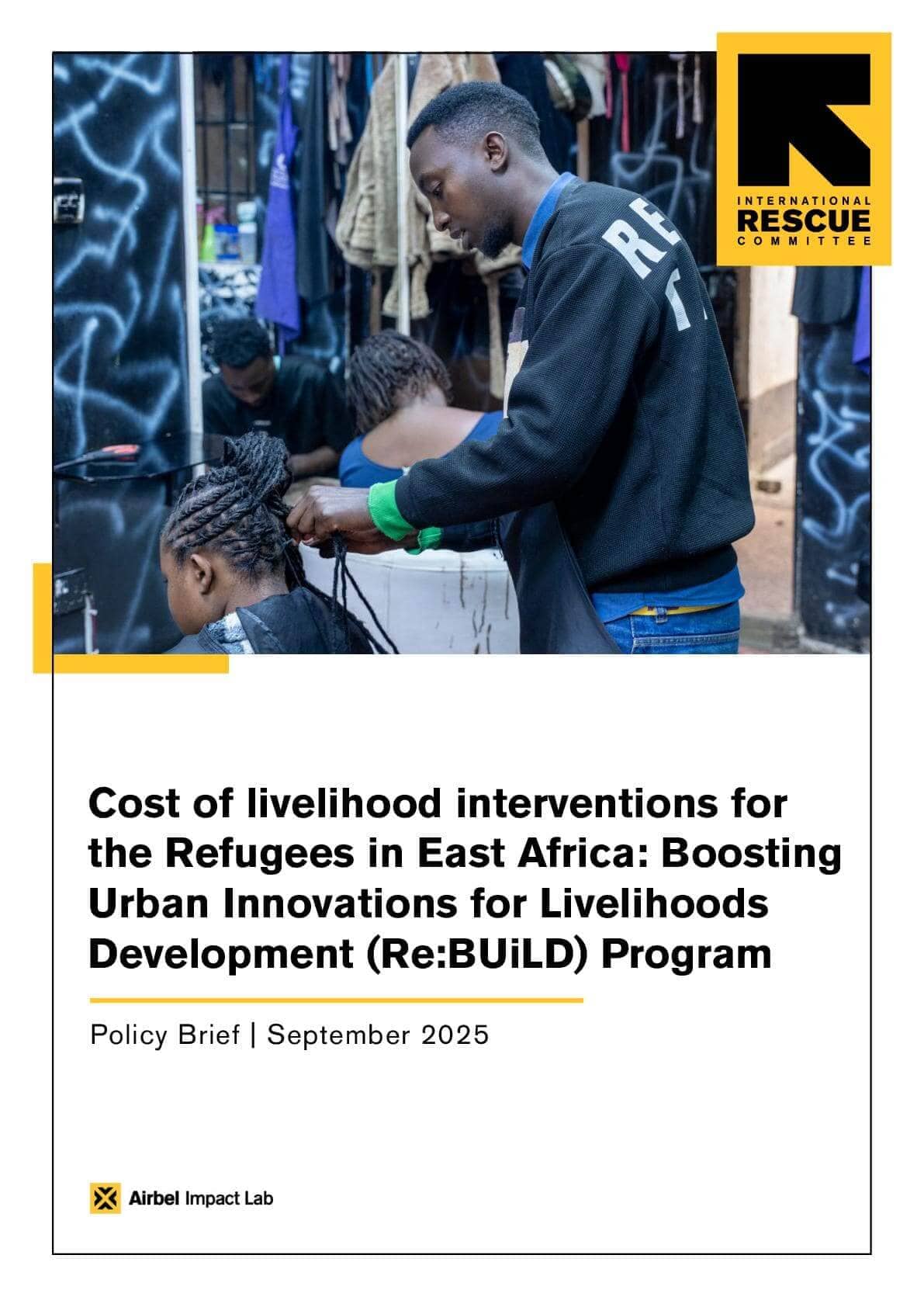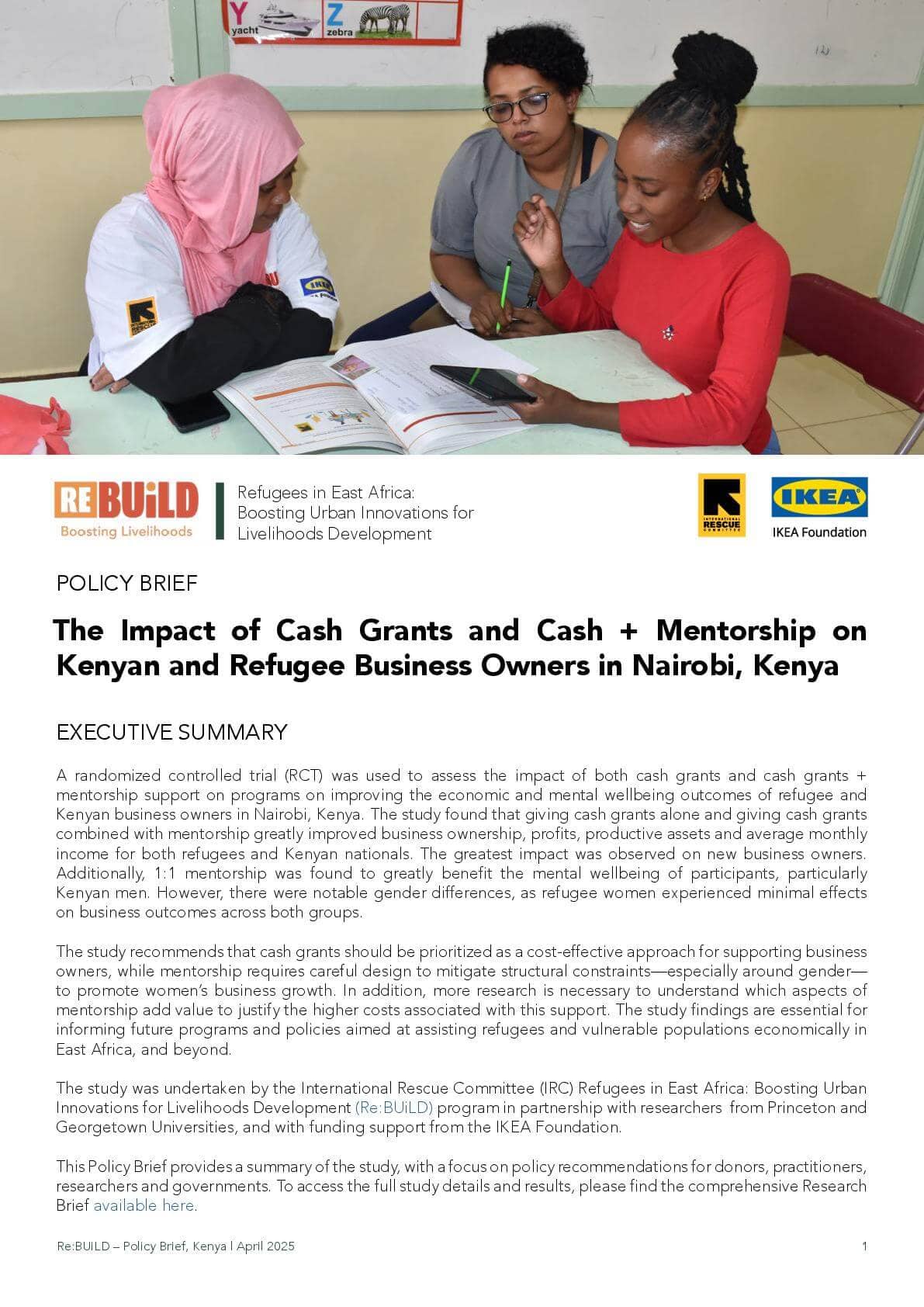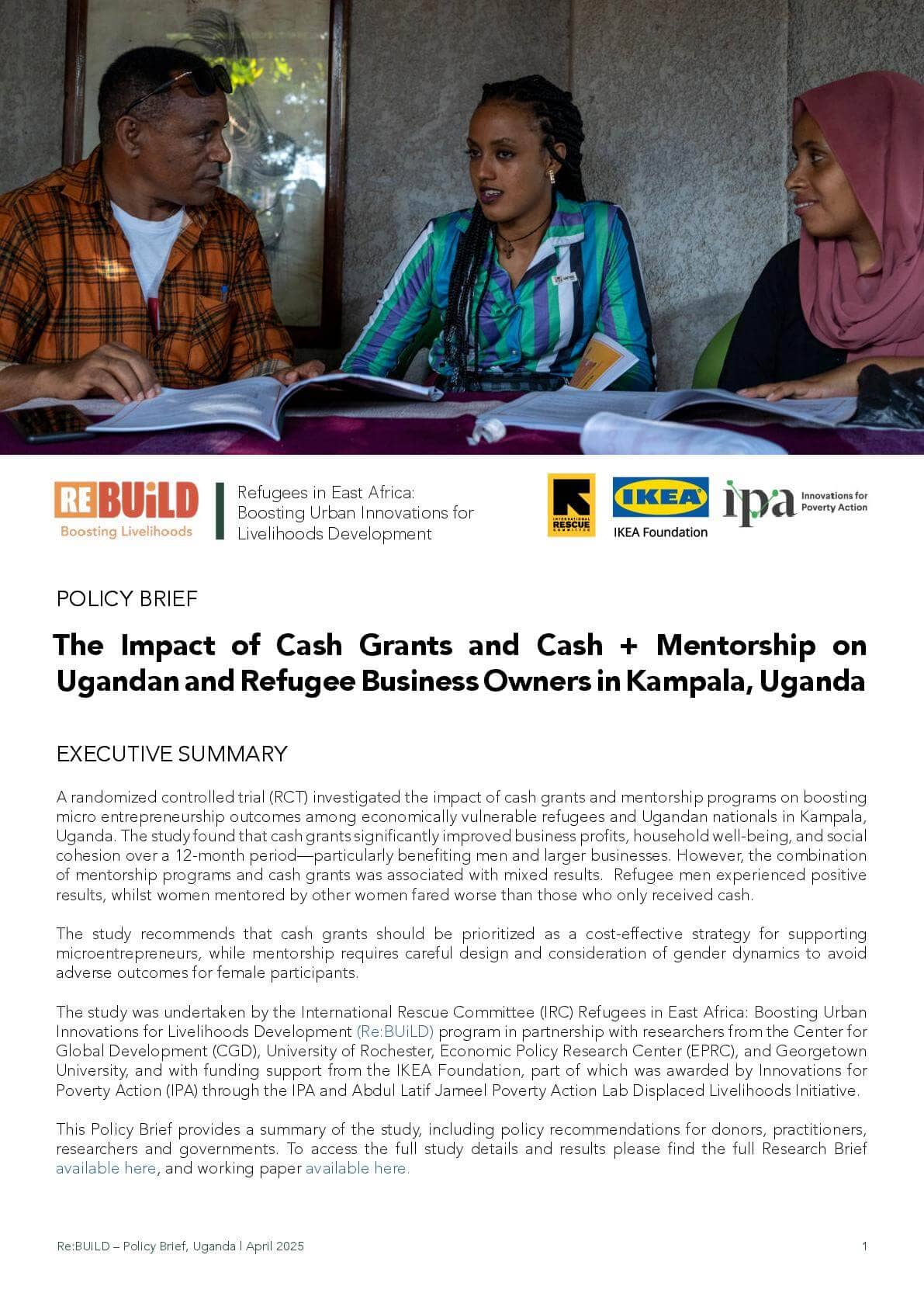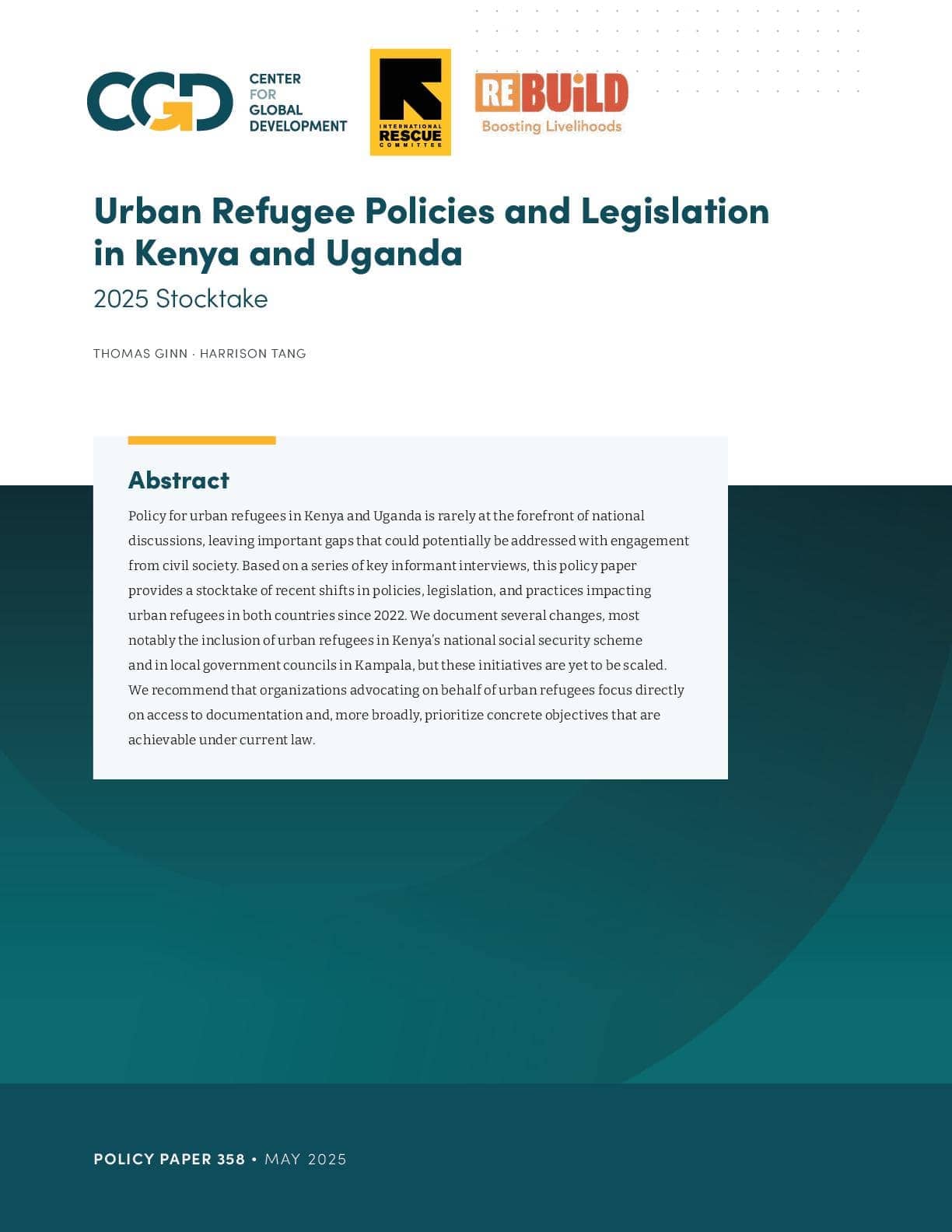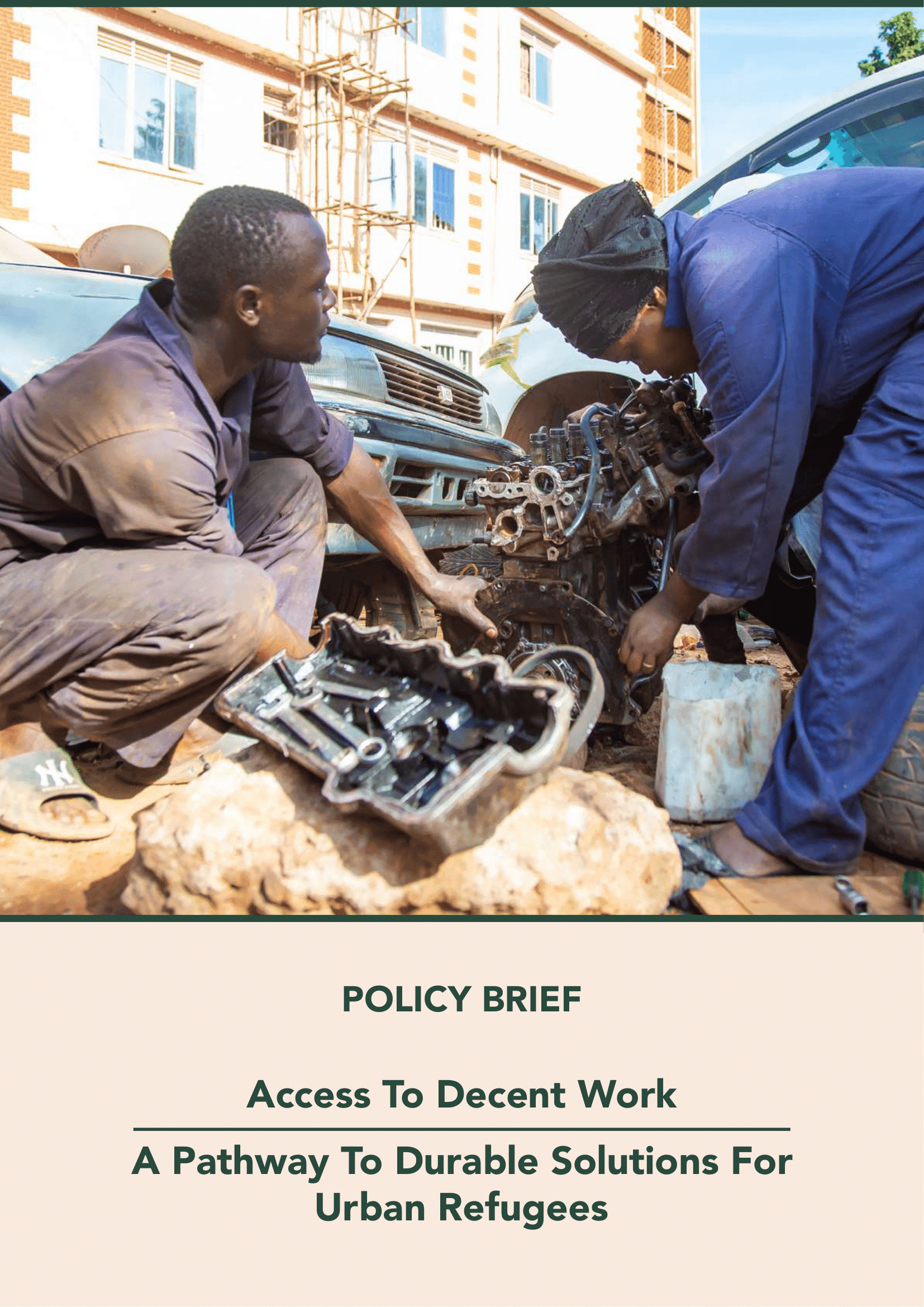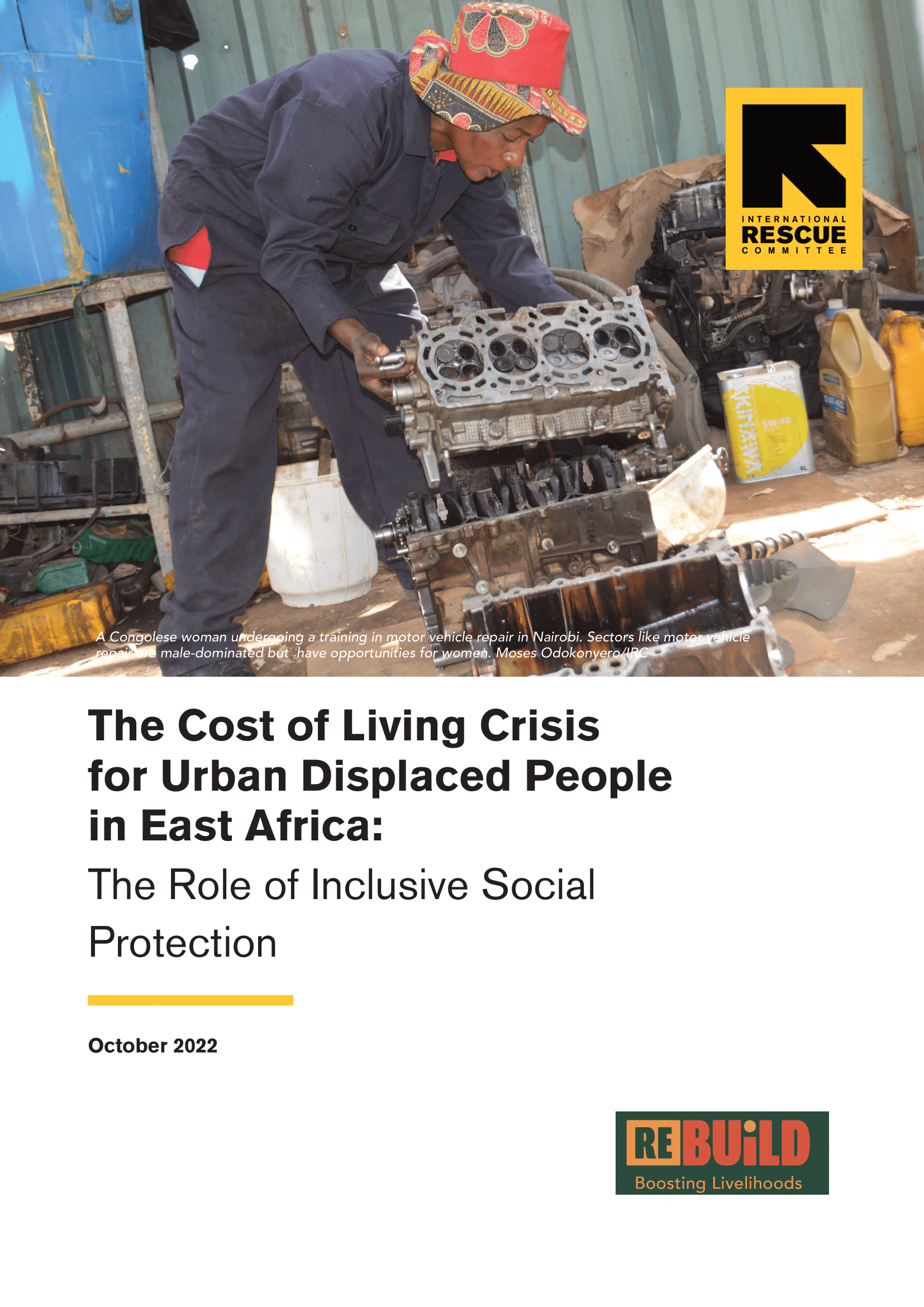A Flawed Premise. A Bold Pivot. A Case for Smarter Investments
A Flawed Premise. A Bold Pivot. A Case for Smarter Investments
In 2021, the Re:BUiLD program was launched in Nairobi and Kampala to provide self-reliance services for urban refugees and vulnerable host communities while challenging the inefficiencies of traditional livelihoods programs. Over five years, the program tested employment pathways, generating robust evidence on what works, what doesn’t, and what it costs. This learning brief synthesizes lessons from the design, evidence generation and program adaptation processes to offer implementers and donors recommendations on adaptive programming and value-for-money investments.
On program design, evidence and adaptation: Re:BUiLD demonstrates how to embed continuous learning and adaptation into design, ensuring evidence drives real-time shifts rather than becoming static data. The findings call for program designers to re-examine the foundational assumptions and assessments that influence intervention design to avoid reinforcing outdated or ineffective solutions. We show that success depends on sharpened targeting that balances inclusion with viability, ensuring that clients have the interest and capacity to maximize impact. Additionally, even as programs aim to be ambitious, they must be grounded in socio-economic and political realities that impose limits on what can be achieved. Re:BUiLD demonstrates that a commitment to evidence-led programing requires bold teams and leaders to navigate operational and cultural challenges when shifting from familiar
